Animal behavior research and observation
Observing animal behavior is done in a wide variety of research areas, from fundamental neurosciences to wildlife behavior studies or farm animal welfare studies. Explore a range of diverse topics in animal behavior research. From social interactions to genetic influences, gain a comprehensive understanding of animal behavior in various contexts and in various species.
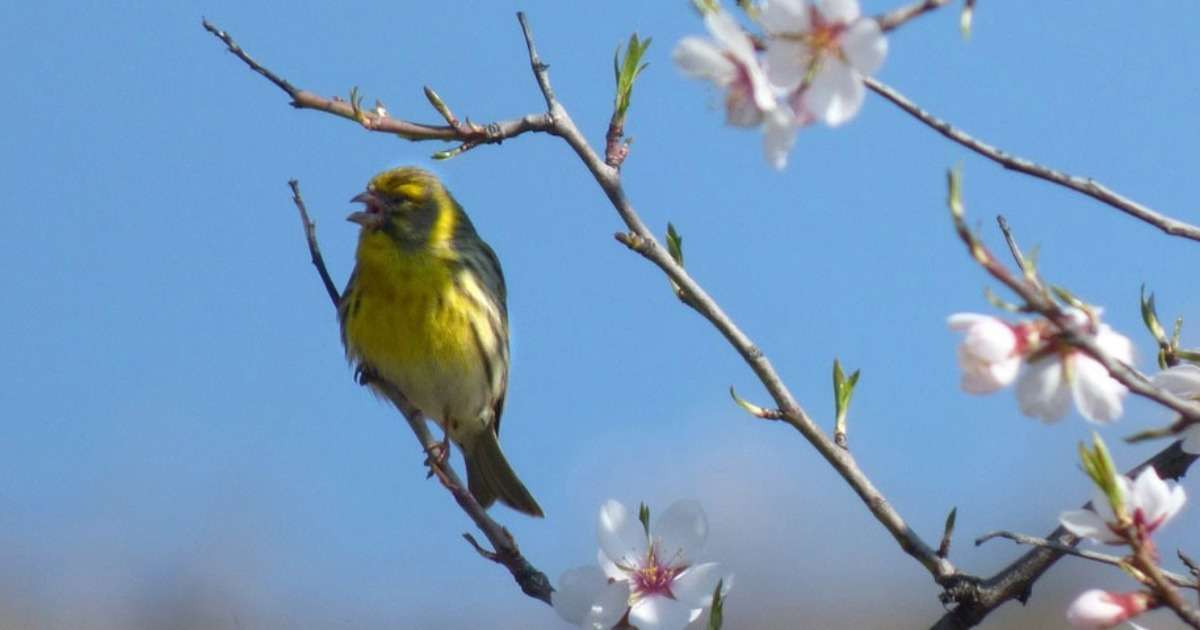
Beautiful birds and UV – What we cannot see
Don’t we all enjoy the variety and intensity of bird colors? Male birds have perhaps the most impressive color display in nature.
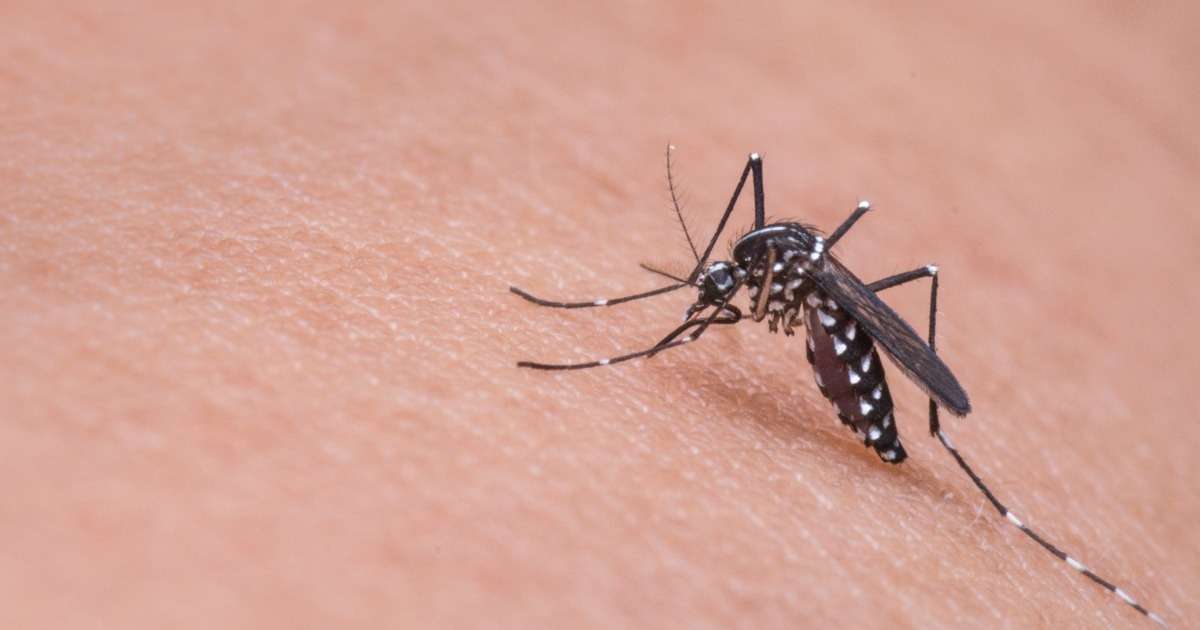
Video tracking and a bug repellant stronger than DEET
Last year the news was hitting the internet: The Zwiebel lab (Vanderbilt University, Nashville, Tennessee, USA) may have found a new bug repellant that is stronger than DEET.
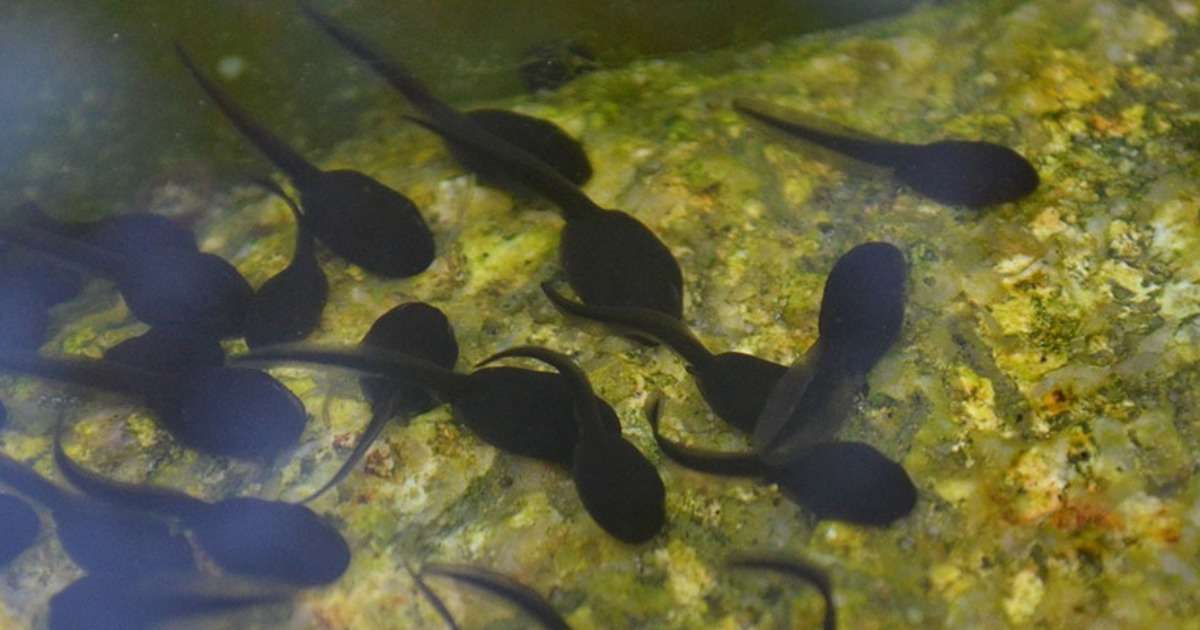
Tracking tadpoles – why video tracking is important in ecotoxicology
The study of behavior has proven itself to be useful in the context of ecotoxicology; the assessment of the impact of pesticides on ecology systems. It is a valuable tool in the risk assessment.
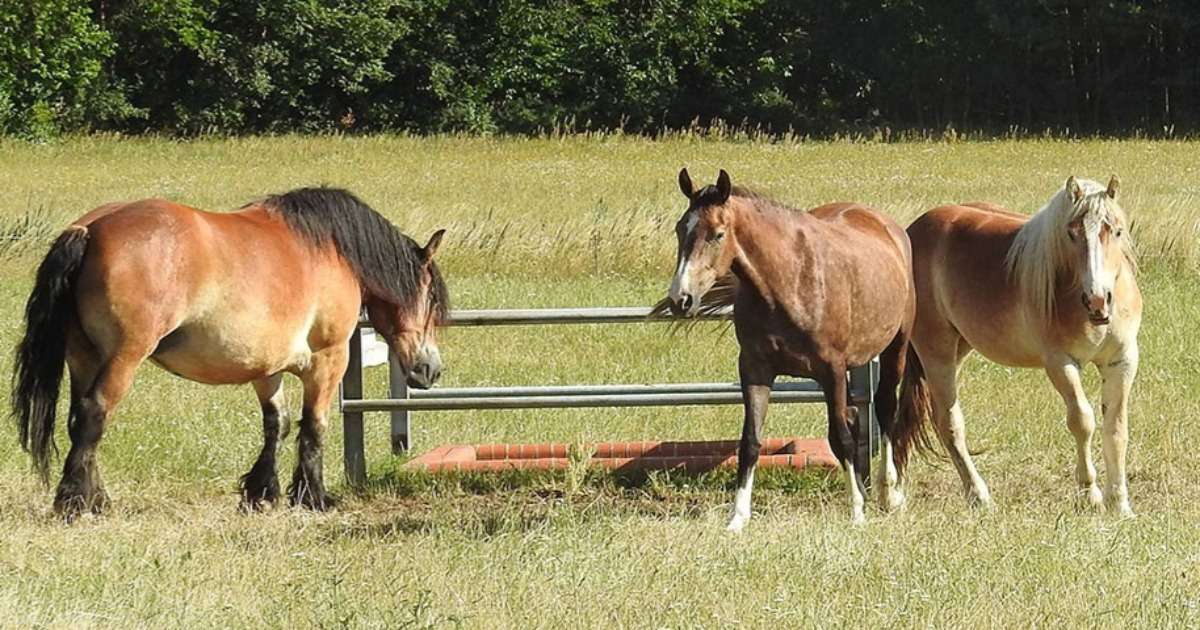
Horse training methods: The importance of behavioral analysis
In equitation sciences, there are at least two training strategies: the ‘natural’ way of horsemanship that allows the horse to evaluate action and reaction and horsemanship that is based on ‘overruling’ of the animal.

Brain waves and behavior: sleep to learn
To find out more about human and animal learning and memory, we might just have to go to sleep. Ahem – research on sleep, I mean.
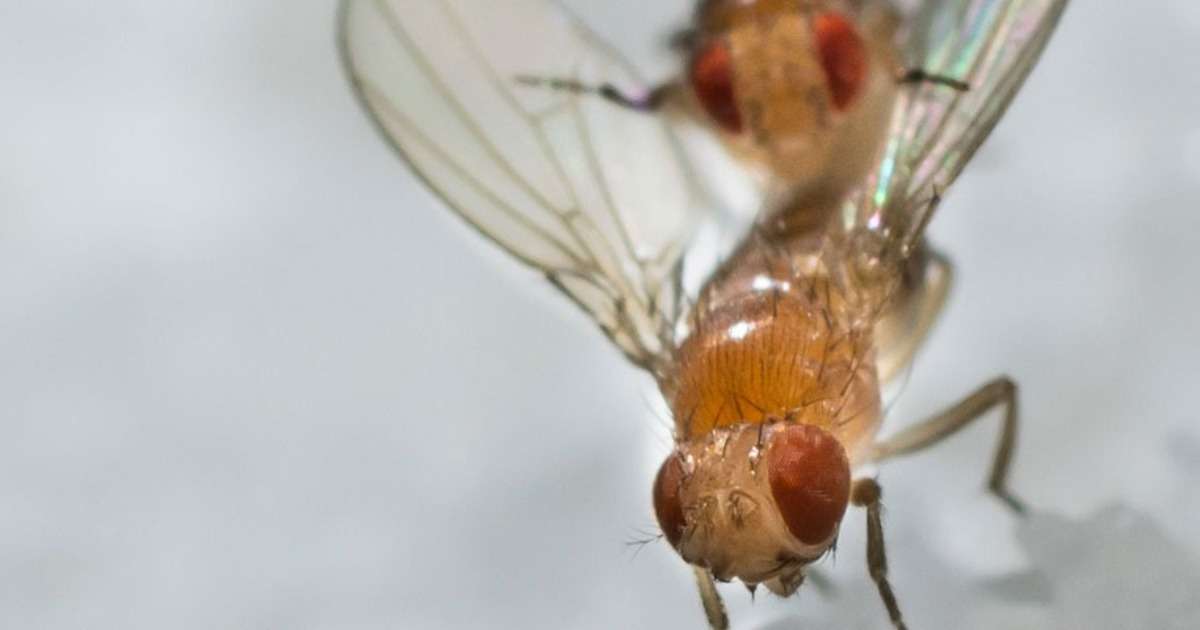
Walking in circles - the exploratory activity of Drosophila
Like rats and mice, fruit flies avoid open spaces and stay close to physical borders. In rats and mice this is caused by fear to be out in the open and preference for close contact with borders.
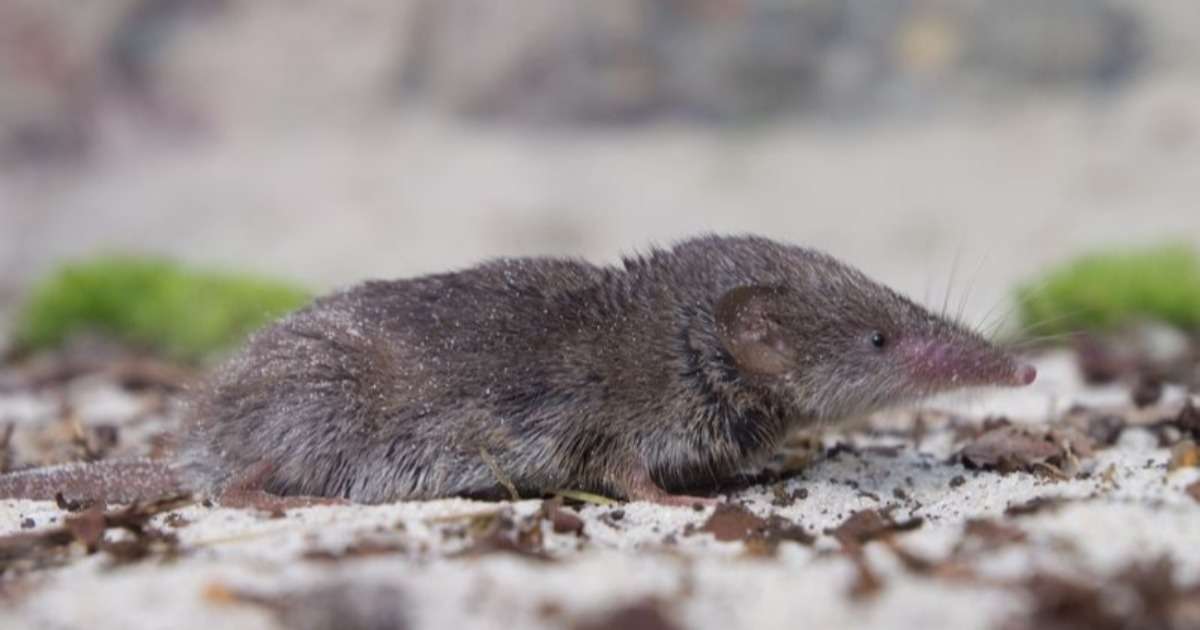
How to know if an animal is nauseated
Nausea is a prominent factor influencing the quality of life for patients undergoing chemotherapy. That is why it is useful to study the nauseating side effects of therapies or the anti-nauseating potential of drugs.

Bed bug behavior - What smell can tell
Bed bugs are on the rebound in developed countries. Traditionally, bed bugs are controlled with pesticides. However, traps with attractive human body odors are a promising alternative.
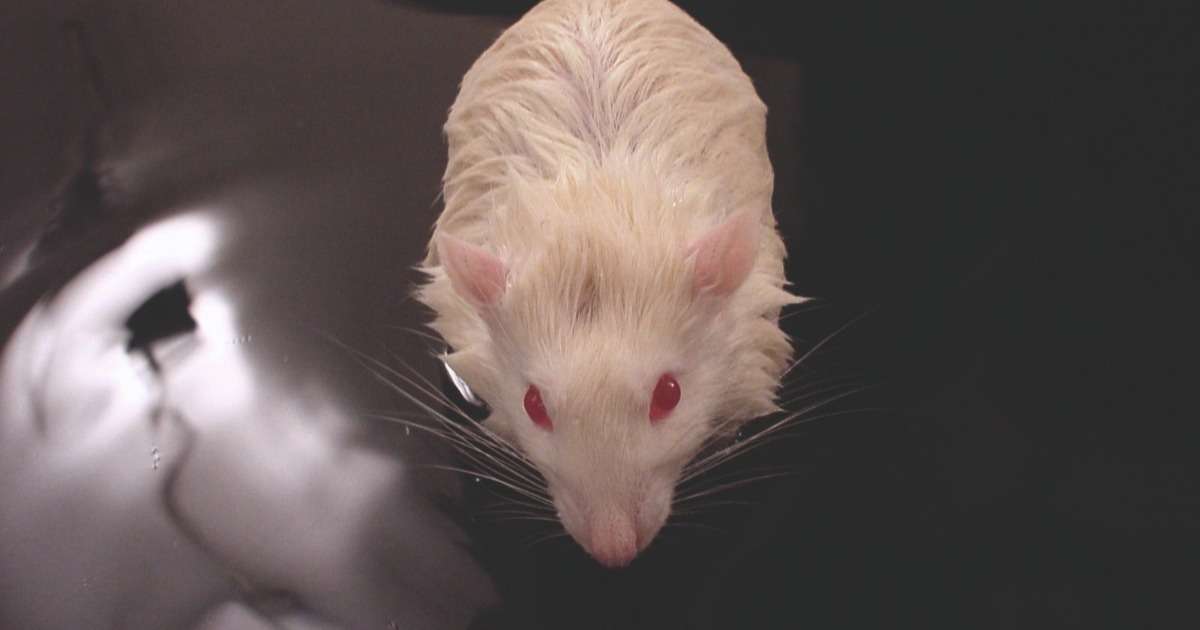
Three examples of swimming rats in traumatic brain injury research (TBI)
The Morris water maze and EthoVision, a validated solution to investigate learning and memory in rats and mice.

Observing social behavior and communication in wild elephants
A trunk-to-mouth greeting ritual. Yes. We are talking about elephants here.
